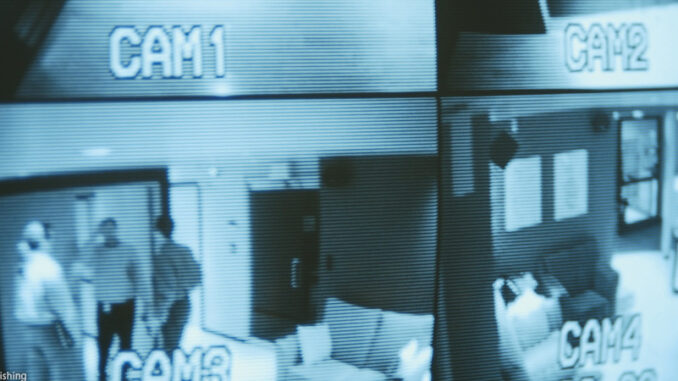

Last summer, btw reported on accusations made against the National Security Agency (NSA). Edward Snowden, a former independent contractor for the CIA, exposed questionable surveillance practices of the United States government. It sparked a national debate about the balance between our country’s ability to defend itself and the rights of its citizens against government interference. On January 17, President Obama made a speech from the Justice Department to address how he plans to reshape the spying agency’s practices.
The Speech
President Obama began his address with a brief history government-sponsored surveillance, including the Sons of Liberty during the Revolutionary War, balloon-use during the Civil War, and code breaking during World War II. All of this led to the creation of the NSA, under President Truman in the early days of the Cold War, “to give us insights into the Soviet Bloc and provide our leaders with information they needed to confront aggression and avert catastrophe.” Times have changed, especially in terms of constantly evolving technologies, which calls for new legal and policy changes.
The president said that as limited as the NSA’s abilities may have been, they were always subject to a system of checks and balances. For example, the agency was criticized in the 1960s by unfairly targeting Civil Rights activists and those who opposed the Vietnam War. In response, Congress passed the Foreign Intelligence Surveillance Act (FISA), to ensure against misuse of the agency towards its citizens. In the wake of the 9/11 terrorist attacks, America’s intelligence was forced to reconsider the full scope of its capabilities. In doing so, the government engaged in practices that critics said “overreached” its authority.
Plans for Reform
After acknowledging the difficult task of the national intelligence community to keep our country safe, the president outlined specific changes that he will put into place. These reforms, he said, address facts and specifics rather than hypotheticals.
- Further strengthening the executive branch to have oversight of intelligence activities.
- Greater “transparency” of our national surveillance activities (allowing the public to be more aware of their intentions when appropriate.) For example, the government recently declassified over 40 opinions of the Foreign Intelligence Surveillance Court. The president will also authorize a panel of advocates outside of the government to provide an independent voice.
- More transparency in how government uses its authority in “national security letters” which the FBI can use to request companies to provide info without disclosure. For example, requests will terminate within fixed time unless the government can demonstrate a legitimate need.
- A transition from the current “bulk data collection program” (called Section 215). In addition, the NSA will only be allowed to pursue calls that are 2-steps removed from a number associated with a terrorist organization (it is currently 3-steps).
During his speech, the president reminded the American people that our government is built on the idea that our liberty cannot be dependent solely on the choices of those in power. At the same time, those in power cannot prevent terrorist attacks without the ability to intercept communications. Success will depend on creating the proper laws to appropriately restrain those in power.
